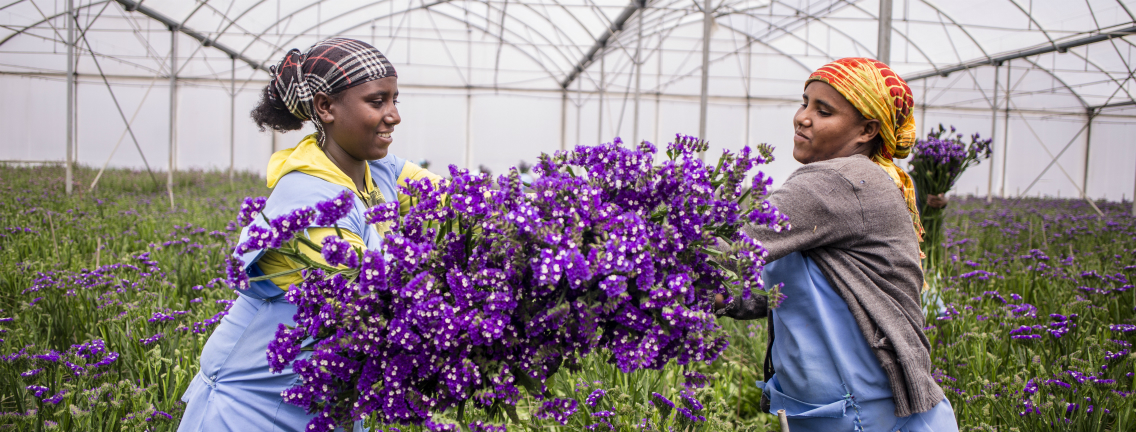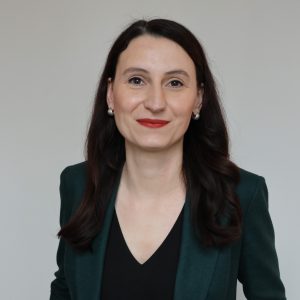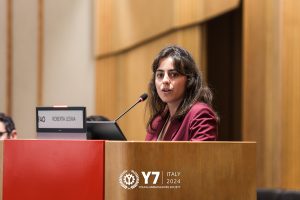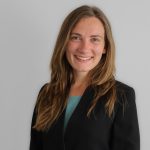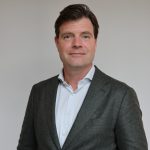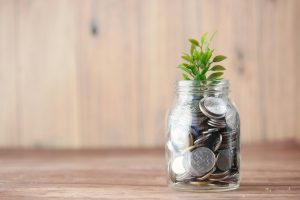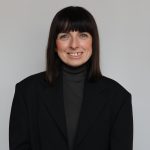Conversation Series: Gender & Impact with Teodora Nenova
Welcome to our Conversation Series, where we discuss topics relevant to our work around impact and sustainability. In this piece, Beatriz interviews Partner Teodora Nenova. Besides being the first female Partner in the company, Teodora also drives our gender & diversity work. In this interview, we discuss how we got started on this topic, how we think we can add to the conversation, and where we expect to grow our work in the future.
As a company working on impact for 20 years, gender seems like an obvious topic for us, but it’s only been in the last few years that we saw this topic really take off in our work. Can you talk a bit about where our work with gender started, and how that has evolved over the past few years? Our work with gender started prior to the gender-lens investing (GLI) boom in the financial sector, through our work with multinationals. We were doing value chain assessments for multinationals with a focus on jobs: looking at the number of jobs supported in different sectors. But we wanted to tell a more complete story about the people behind these jobs, for example, by using gender disaggregated data, as opportunities present very differently for men than for women. This was back in 2015, and our clients were very receptive to seeing this data. However, I remember being in a meeting with a client at the time, with only men in the room, and suggesting they focus on sectors where they didn’t have a big reach with women (for example, manufacturing and utilities), and that being met with some cynicism. But that is still a question we bring up today, namely with clients in the financial sector. So, in a way, the conversations we had back then are very similar to the conversations we are having now, although today there is less cynicism about this topic. There is also a gender community that exists now, and didn’t exist before, that is looking for solutions. That makes a difference.
It’s great to feel part of a community of people who are pushing this topic forward. This being such a systematic and complex topic to address, it really feels like everyone has a role to play. In your view, what is our role and how do we add to the conversation? Where we can really add to the conversation is in helping organizations get started on GLI, i.e., integrating gender in activities across the investment cycle, from due diligence and screening, to monitoring and reporting. Obviously, being an impact consultancy firm, we have a lot to say about impact measurement in monitoring and reporting. At the same time, we have a long track-record with ESG management, and through that work, we help clients understand what is really material for them. If you start looking at ESG topics, there are so many standards and metrics to measure on. But measuring and monitoring for the sake of reporting is not the point. The point is how you can create insights and then incorporate that into your investment cycle and strategies. Our experience with how to make ESG management meaningful for an organization translates very well into our GLI work.
“In a way, the conversations we had back then are very similar to the conversations we are having now, although today there is less cynicism about this topic.”
In our work with clients in the last few years, what are the common threads? And how have we seen the market evolve in the last 5 years? Our clients have very different needs. Some of them just want to start from the basics and want to learn about the business case for GLI. I think our biggest learning is that everyone is at such different levels of integration and operationalization of gender topics. There are different levels of awareness, knowledge, and capacity. That’s something we explored in our work with DGGF (read more here). Something else I see with clients is that sometimes there is the expectation that they will know everything there is to know with just one training or technical assistance. Gender, and diversity and inclusion, are such complex issues. I think the biggest realization is often that this is not a one-off: that you really have to commit to this, play the long game, and you have to find the right people in your organization to do this work.
Where do we see the market going? For some time now, we have talked about gender in this very one-dimensional sphere, i.e., how to empower women in employment. But there are so many different challenges that women face, looking at different backgrounds, contexts, regions. There is not a one-size-fits all solution. We have to be looking from a multidimensional view: it is not just women, but it is also about looking at LGBTQ+ communities, or urban versus rural, as well as the effects of the climate crisis, which will disproportionally affect women. You’re really having to look at all kinds of marginalized communities. This is where we are seeing the market grow and evolve.
Teodora was promoted to Partner at Steward Redqueen at the beginning of this year. She has advised financial institutions on impact, sustainability and gender for over 10 years. She is based in Amsterdam. Reach out here: teodora.nenova@stewardredqueen.com
Beatriz is a Senior consultant at Steward Redqueen and editor of the SRQ Quarterly. She is based in Amsterdam. Reach out here: beatriz.ramos@stewardredqueen.com
